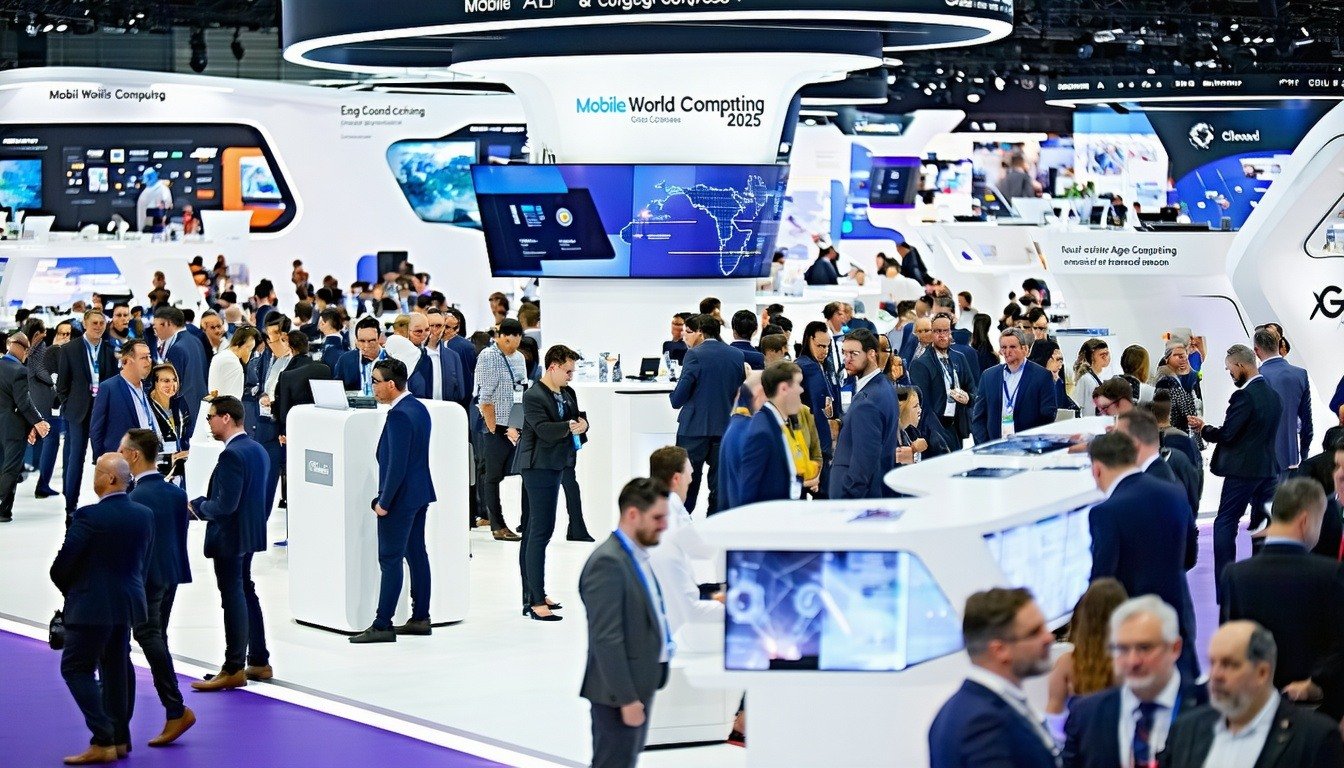Mobile World Congress (MWC) 2025 promises to be a landmark event, marking a dramatic shift in focus from communications to computing. In the midst of this transformation, ABI Research anticipates that the tech show will shine a spotlight on the growing rift between China and the West, with a special focus on how telcos are embracing platforms that can power next-gen applications, especially in the realm of Artificial Intelligence (AI).
Chinese tech giants are poised to dominate the stage, displaying their commanding lead in cutting-edge technologies like Integrated Sensing and Communication (ISAC), autonomous networks, AI-powered orchestration, and 6G-ready frameworks. These innovations are leaps and bounds ahead of what Western competitors are capable of. Huawei, for one, is eager to highlight how U.S. sanctions have done little to slow China’s explosive technological progress. Indeed, the telco giant will show how it’s expanding beyond traditional network infrastructure into cloud computing and Information and Communication Technology (ICT).
In stark contrast, European and U.S. telcos will present limited network Application Programmable Interface (API) trials and concepts that will pale in comparison to China’s end-to-end innovations. While U.S. operators will still be tangled in theoretical Open Radio Access Network (RAN) discussions, they will be far from the large-scale, multi-vendor deployments needed to catch up. Meanwhile, South Korean and Middle Eastern players will position themselves as opportunistic intermediaries, cherry-picking the best technologies from both the East and the West. As the global digital landscape fractures along geopolitical lines, we are witnessing the emergence of a new digital world order.
While Chinese vendors excel in building vertically-integrated solutions tailored to their main telco customers, Western players will increasingly rely on partnerships and alliances to build ecosystems. This is now more pressing for enabling the convergence of communication technologies, with Information Technology (IT) and Operational Technology (OT) systems that require a vast spectrum of expertise across communications and computing domains.
Catch Our Other Posts:
Comms to Compute: Will the Mobile Ecosystem Transform at MWC 2025?
ABI Research's Expectations for AI and Compute at MWC 2025
The Network APIs Pivot at MWC 2025: Bridging the Comms-Compute Gap
Partnerships Will Be Key for Western Players to Capitalize on the Comms-to-Compute Transformation
The shift from comms to compute will not just entail innovative technical showcases. MWC 2025 will not only display technological progress; it will serve as a pivotal gathering where major partnerships and alliances are forged. Historically, MWC has been a platform for announcing significant telco alliances. This year, however, is poised to mark a transformative shift with the convergence of information and communication systems.
We anticipate groundbreaking collaborations, such as mobile operators partnering with hyperscalers, and major computing Original Equipment Manufacturers (OEMs) joining forces with traditional infrastructure or computing chipset suppliers. These alliances aim to create distributed computing frameworks capable of handling both telecommunication and AI workloads, laying the foundation for AI-native networks that will underpin the 6G era. This convergence signifies a tipping point, heralding a future where integrated technologies will drive unprecedented distributed intelligence across the entire infrastructure.
Download Our MWC25 Key Takeaways Whitepaper
Our analysts attended MWC to answer the question of whether the telco value chain can harness the benefits of the shift to compute. Download ABI Research's MWC25 key takeaways whitepaper to find out what the top players are doing to align their offerings with enterprises' demand.

/MWC%202025-Media-Card%20copy.jpg?width=631&height=315&name=MWC%202025-Media-Card%20copy.jpg)




